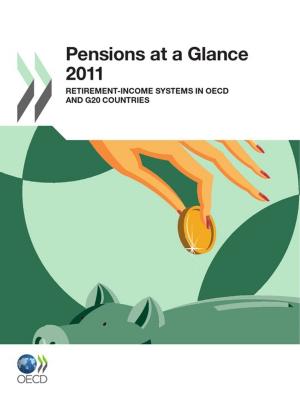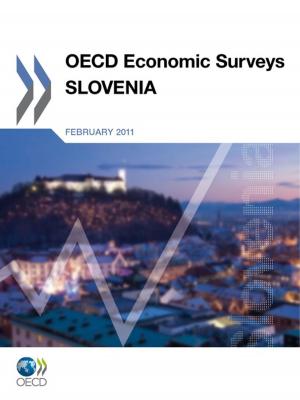Extended Producer Responsibility
Updated Guidance for Efficient Waste Management
Nonfiction, Science & Nature, Technology, Environmental| Author: | Collectif | ISBN: | 9789264256378 |
| Publisher: | OECD | Publication: | September 20, 2016 |
| Imprint: | OECD | Language: | English |
| Author: | Collectif |
| ISBN: | 9789264256378 |
| Publisher: | OECD |
| Publication: | September 20, 2016 |
| Imprint: | OECD |
| Language: | English |
This report updates the 2001 Guidance Manual for Governments on Extended Producer Responsibility (EPR), which provided a broad overview of the key issues, general considerations, and the potential benefits and costs associated with producer responsibility for managing the waste generated by their products put on the market. Since then, EPR policies to help improve recycling and reduce landfilling have been widely adopted in most OECD countries; product coverage has been expanded in key sectors such as packaging, electronics, batteries and vehicles; and EPR schemes are spreading in emerging economies in Asia, Africa and South America, making it relevant to address the differing policy contexts in developing countries.
In light of all of the changes in the broader global context, this updated review of the guidelines looks at some of the new design and implementation challenges and opportunities of EPR policies, takes into account recent efforts undertaken by governments to better assess the cost and environmental effectiveness of EPR and its overall impact on the market, and addresses some of the specific issues in emerging market economies.
This report updates the 2001 Guidance Manual for Governments on Extended Producer Responsibility (EPR), which provided a broad overview of the key issues, general considerations, and the potential benefits and costs associated with producer responsibility for managing the waste generated by their products put on the market. Since then, EPR policies to help improve recycling and reduce landfilling have been widely adopted in most OECD countries; product coverage has been expanded in key sectors such as packaging, electronics, batteries and vehicles; and EPR schemes are spreading in emerging economies in Asia, Africa and South America, making it relevant to address the differing policy contexts in developing countries.
In light of all of the changes in the broader global context, this updated review of the guidelines looks at some of the new design and implementation challenges and opportunities of EPR policies, takes into account recent efforts undertaken by governments to better assess the cost and environmental effectiveness of EPR and its overall impact on the market, and addresses some of the specific issues in emerging market economies.















